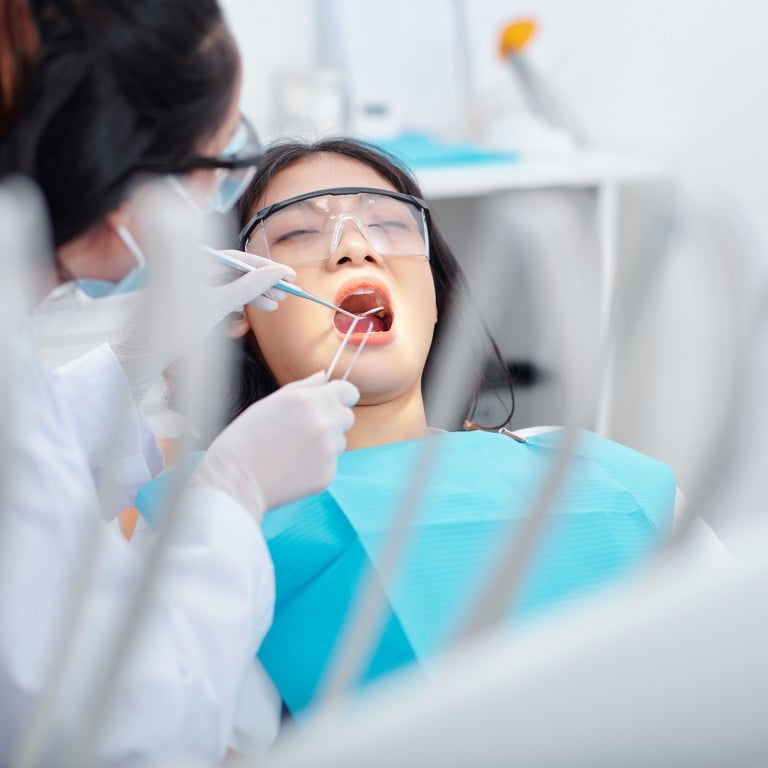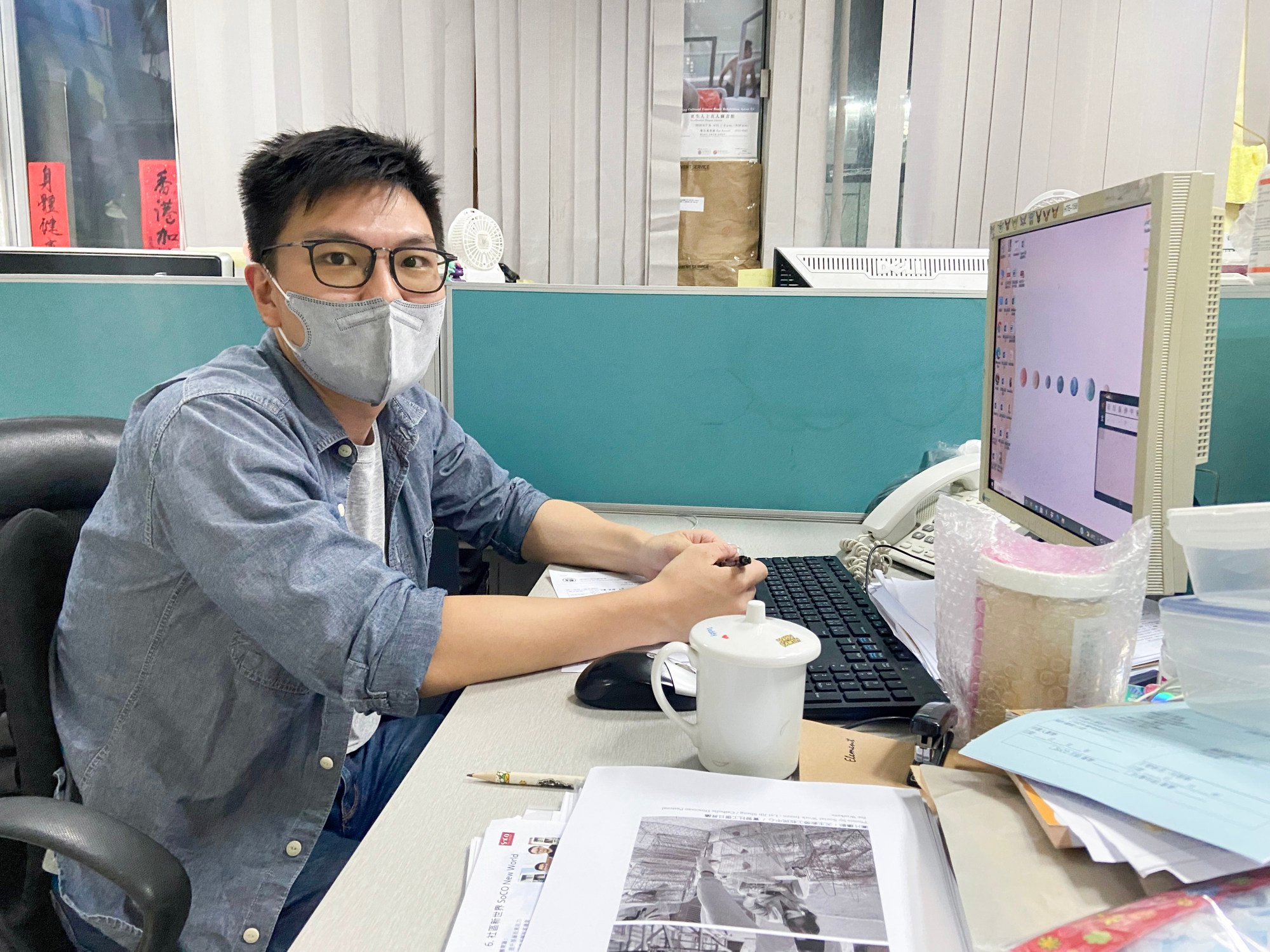
Hong Kong should divert more dental patients to private clinics to ease public service demand: lawmaker, concern group
- Joint call for public-private partnership to ease dental service shortage follows city’s auditor push for shake-up of appointment system at government clinics
- ‘We have always hoped that apart from relying on the few remaining public clinics, the government will use public-private partnerships,’ concern group says
Hong Kong should divert more dental patients to private clinics to alleviate demand for public services, a lawmaker and concern group have said after the city’s auditor revealed some people were forced to wait overnight to get appointments.
The joint call for a public-private partnership to ease the shortage of dental services was issued on Thursday, a day after the Audit Commission said the number of appointments at 11 public dental clinics had fallen from 40,322 in the 2018-19 financial year to 20,337 in 2022-23, a drop of about 50 per cent.
In December 2023 and February of this year, the auditor observed patients queuing at some public clinics about seven hours early so they could register for an appointment once the quota for available days started at 12am.
Society for Community Organisation (SoCO) community organiser Ivan Lin Wai-kiu on Thursday said: “Even for the government, it is hard for them to find dentists and the job vacancy rate has always been very high. This makes it very hard for us to ask them to increase quotas.”
He said public clinics were low-income residents’ only option as treatment was expensive elsewhere, despite such facilities only offering emergency dental services such as tooth extractions and pain-relief measures.
“For some low-income families, besides the public dental clinics, they have no other solutions,” Lin told a radio programme. “Most of the time, they will only go to these clinics when they are in too much pain or feeling at their worst.”
The SoCO representatives also cited city leader John Lee Ka-chiu’s policy address last year that outlined plans to pursue some public-private partnerships in 2025, hoping it was an area that could see some improvement.
The chief executive announced in last year’s policy address that authorities planned to launch a pilot scheme in 2025 that partially subsidised private dental check-up services for adolescents aged between 13 and 17.
The initiative aims to establish a long-term partnership between dentists in the public and private sectors, as well as NGOs.
“We have always hoped that apart from relying on the few remaining public clinics, the government will use public-private partnerships,” Lin said.

Medical sector lawmaker David Lam Tzit-yuen said he agreed with Lin that a public-private partnership would help relieve demand for public dental services.
“Particularly at this time, I know that a lot of private dentists said their patient numbers had decreased significantly,” he said.
The legislator said the main obstacle facing a possible partnership was the division of work between the public and private sectors, urging authorities to better coordinate between both sides rather than wait for the passage of an amendment to the Dentists Registration Ordinance.
The Legislative Council is currently scrutinising the amendment, which will create new pathways to bring in dentists trained abroad.
Hong Kong auditor calls for more dental appointments at public clinics
In its reply to the Audit Commission’s report, the Department of Health attributed the decrease in public dental services since 2020 to the Covid-19 pandemic and a personnel shortage.
But the auditor maintained the department should have increased its service quota to its pre-pandemic level of about 40,000 slots a year, asking it to boost its coverage at clinics or consider using a new service model.
A Health Bureau spokesman said numerous measures were being planned to improve dental services, including providing urgent services to needy groups in cooperation with NGOs starting next year. The goal was to provide double the quota for existing services offered by public dental clinics.
Other measures include a dental care programme targeting those aged 13 to 17 years old to be launched next year, and strengthening a subsidised programme for the elderly and services for people with disabilities and others with special needs, he added.
Hong Kong is currently grappling with a shortage of dentists. The government has estimated the city will record a shortfall of 115 practitioners in 2030 and then 102 in 2035, with the situation expected to only ease in 2040.

